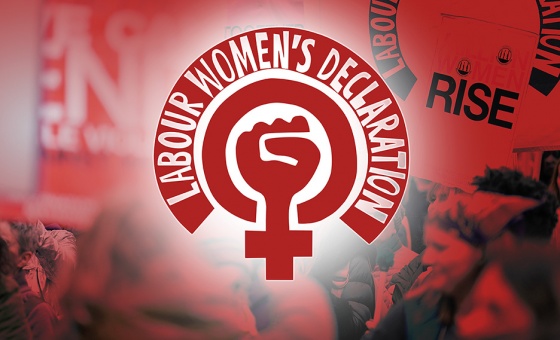This is the last article you can read this month
You can read more article this month
You can read more articles this month
Sorry your limit is up for this month
Reset on:
Please help support the Morning Star by subscribing here
AI Needs You: How We Can Change AI’s Future and Save Our Own
Verity Harding
Princeton University Press, £20
THE long-running hype, and even moral panic, about the development and application of AI technologies has produced a hot topic for writers on technology.
This book takes a different approach from most previous works, neither subscribing to “doomerism” (as in “AI will wipe out humanity”) nor to the almost religious optimism of the big tech companies. Instead it examines past cases where technology has been controlled and regulated as guides to how “we” might deal with AI technologies.
She advocates for democratic control, a worthwhile position, and this book can be seen as part of a continuing campaign.
However, the “we” in this case is very much official society: Harding is a well-connected establishment figure – ex-adviser to Nick Clegg (where her main campaign was on equal marriage), and also a former head of public policy at Google, and co-lead for ethics and society at Deep Mind. She is now a senior academic in public policy at Cambridge University.
This means that the Labour movement as an engine of democratic involvement gets zero mentions. Nevertheless, her case studies are well-presented, instructive, and worth the read.
She first deals with the imminent threat of Lethal Autonomous Weapons (LAWs or Killer Robots) in comparison to the 1967 Outer Space Treaty, which has so far successfully banned nuclear weapons from Earth orbit, the moon, and planets. There is an ongoing push to put LAWs in the same banned category as biological and chemical weapons (see https://www.stopkillerrobots.org/) which is, of course, meeting resistance from the US (not least because of its support for Israel), Britain and others.
She argues that if the Outer Space Treaty could succeed at the height of the Cold War, then so can this. While pessimism is not a useful reaction, the increasing chaos of the “international order” linked to the continuing decline of the US does raise issues that were not there in the 1960s when there were only two relatively stable “big powers” that could access space.
She then examines the 1980s Warnock Commission that settled the rules for Embryo Technologies, including IVF. Her comparator here is the current GPT-Chat type technologies (as in Large Language Models and other Machine Learning Systems) that claim to reproduce some human capabilities.
She points out that Warnock managed to produce agreed regulations (the “14 day rule”) under the difficult conditions of the 1980s Tory culture wars and thus IVF was removed as a political punchbag in Britain, unlike in the US (where Republicans are now trying to ban IVF). Her ideas here may gain traction with a Starmer technocrat government, though their repeated obeisances to the Daily Mail are a potential obstacle.
Finally she deals with AI-enhanced surveillance technologies, in the context of attempts to regulate the internet itself. This is an area of major concern to the labour movement, impacting workplace conditions and the democratic right to dissent. It is also the area in which her comparison has least obvious traction.
She cites ICANN, the body that regulates the root area of the internet, and how it became independent of the US government, and hopes for a similarly independent international organisation. However ICANN only regulates internet addresses and not internet uses, a much bigger can of worms, as we know.
So what should the labour movement be doing? The TUC has a draft Artificial Intelligence (Employment and Regulation) Bill, and some unions – such as my own, UCU – have working groups on AI and the workplace. What’s certain is that her message — “it’s up to you to get involved” — is exactly what we should be doing.
Reading this book, whatever its deficiencies, is one useful step in our necessary education.










